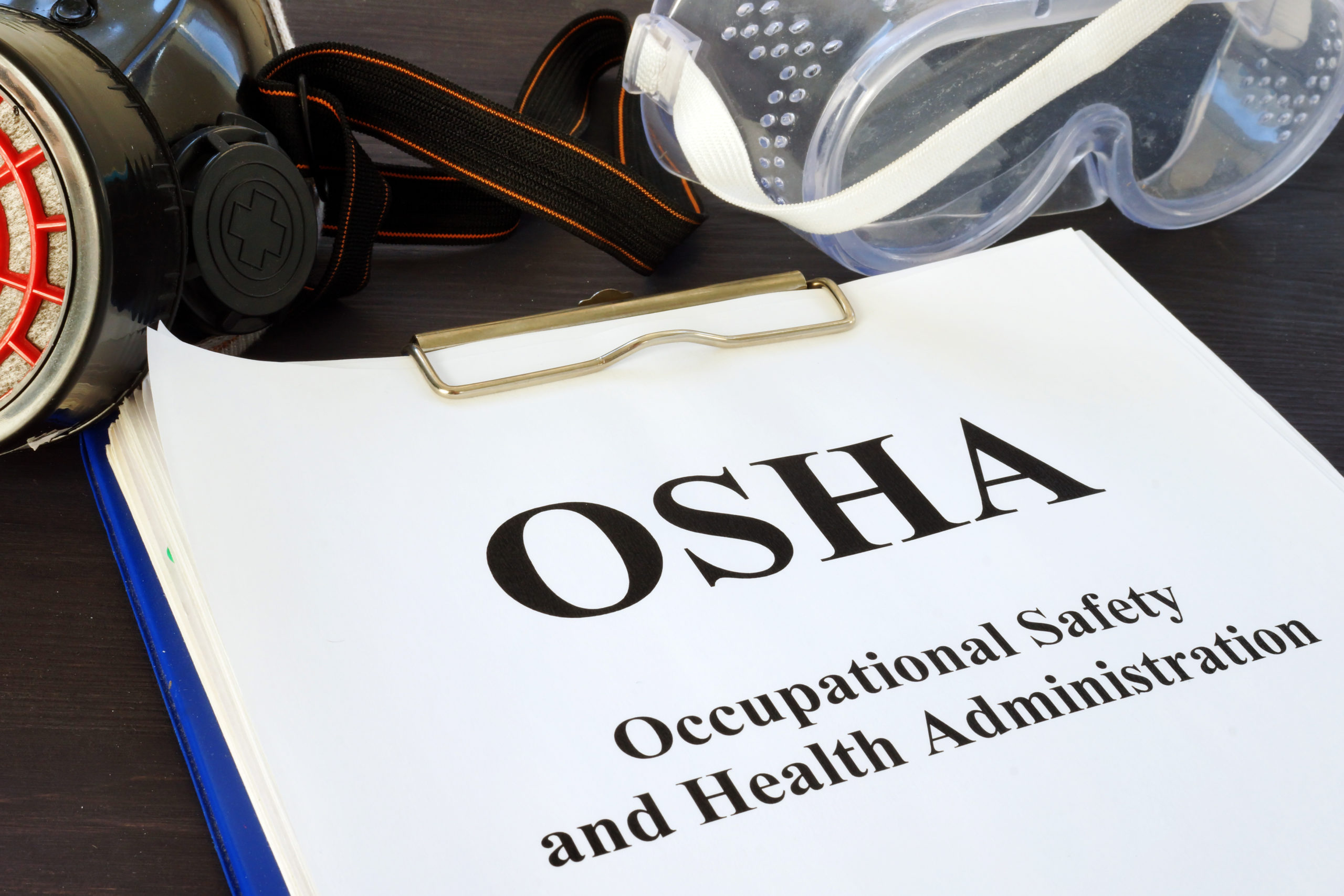
The increase in the frequency of violent confrontations faced by healthcare workers in the workplace is prompting OSHA to pursue a standard for Prevention of Workplace Violence in the Healthcare and Social Assistance industries. Healthcare workers have faced a significant increase (63% from 2011-2018) in the incidence of violent and aggressive acts in the workplace, according to the Bureau of Labor Statistics and the Association of American Medical Colleges. According to OSHA, “nonfatal workplace violence is more widespread in the Healthcare and Social Assistance Standard than in any other industry.”
Consequently, according to the agency’s regulatory agenda, the Occupational Safety and Health Administration (“OSHA”) intends to convene a Small Business Advocacy Review Panel (SBAR Panel) regarding a potential Prevention of Workplace Violence in Healthcare and Social Assistance rule (Rule). The Panel is scheduled to convene on March 1, 2023, and will conclude with a final panel report by May 1, 2023. If passed, the Rule would apply to employers whose employees face an increased risk of workplace violence from their patients, clients, residents, and/or facility visitors. Such employees include those who work in hospitals, ambulatory medical care or substance abuse treatment centers, freestanding emergency centers, residential care facilities, home healthcare, EMS, and/or social assistance (excluding child day care centers). SBAR Panel teleconferences will be open to the public.
At present, the Small Business Administration is seeking Small Entity Representatives (i.e., representatives of small businesses, small non-profits, and small governmental jurisdictions), from sectors that would be subject to the Rule, to assist in the Panel’s review of OSHA’s materials and analyses.
Unions Push for Amplified OSHA Safety Standards in Healthcare Workplaces
In addition to dangers attributed to healthcare workplace violence, healthcare workers report continued workplace risks stemming from exposure to COVID-19. Thus, many healthcare workers have turned to labor groups like National Nurses United (“NNU”) to advocate for amplified healthcare workplace protocols to mitigate these risks.
As a result, the NNU and the AFL-CIO, are pressuring the White House Office of Management and Budget (“OMB”) to issue a permanent COVID-19 standard. Though OSHA has already sent its COVID-19 permanent standard to the OMB, the standard’s text is not yet public. Some labor groups share concern that the permanent standard will largely reiterate OSHA’s now-expired COVID-19 emergency temporary standard (“ETS”), arguing that mere revival of that standard is inadequate in today’s landscape. These groups argue that COVID-19 hazards have risen in the workplace due to several factors, including lack of adequate personal protective equipment (PPE), lack of notification of potential exposures, and lack of paid time off during quarantine. In turn, they urged the OMB to issue a final permanent standard that would require employers to address these reported shortcomings. Further, the NNU called for elimination of exemptions contained in the expired ETS, which limited the scope of facilities subject to it. Other groups have opposed this argument, arguing that decreased risk of COVID-19 exposure in some workplaces, like grocery store pharmacies, makes these settings an inappropriate target for the aim of COVID-19 safety standards.